Top US military commander taunts North Korea: 'I'm ready 24/7'
A top US military commander has taunted North Korea about launching a ballistic missile, saying his forces are “ready 24/7” to respond.
"I'm ready 24/7, 365 (days). If North Korea decides to launch a ballistic missile, I'm confident in our capabilities," General Glen VanHerck, the commander of US Northern Command (NORTHCOM) and North American Aerospace Defense Command (NORAD), said in a press briefing on Friday.
VanHerck boasted that both NORTHCOM and NORAD stand ready to showcase their "mission capabilities" should Pyongyang decide to stage a missile launch.
"For NORAD, that's threat warning and attack assessment. For NORTHCOM, ballistic missile defense capability," he said. "We continue to be ready to respond should North Korea elect to launch a missile."
VanHerck made the comments as the North is set to observe important anniversaries often marked in the past by launching or unveiling new ballistic missiles.
Earlier media reports said Pyongyang was preparing for a massive military parade on September 9, which celebrates the establishment of the North Korean government, and on October 10 that marks the founding anniversary of the ruling Workers' Party.
The UN atomic agency reported last week that North Korea appears to have resumed operation at its main nuclear reactor that is widely believed to have produced weapons fuels.
"Since early July, there have been indications, including the discharge of cooling water, consistent with the operation of the reactor," the International Atomic Energy Agency (IAEA) declared in its annual report, noting that the 5-megawatt reactor at Yongbyon nuclear complex had appeared inactive since December 2018.
Back in June, the UN agency said there were indications at Yongbyon of possible reprocessing work to separate plutonium from spent reactor fuel that could be used in nuclear weapons.
The news comes as South Korea, a close US ally, has reportedly been developing a ballistic missile that can carry a warhead of up to an upgraded 3 tons.
The surface-to-surface missile, which has a range of 350-400 kilometres, is in the last stage of development, according to Yonhap news agency, and is designed to destroy underground facilities such as those North Korea is believed to use to store nuclear weapons.
North Korea has long been under harsh United Nations sanctions over its nuclear and missile programs. The US has spearheaded those sanctions and has imposed several rounds of its own.
Former US president Donald Trump attempted to court Pyongyang. But even though he met with North Korean leader Kim Jong-un three times, he refused to relieve any of the sanctions in return for several steps taken by Pyongyang toward denuclearization. That hampered further diplomacy between Pyongyang and Washington and prompted Kim to announce an end to a moratorium on the country’s missile tests.
Pyongyang has blasted the new administration in Washington for pursuing a "hostile policy" after President Joe Biden said he would deal with the “threat” posed by the North's nuclear program "through diplomacy as well as stern deterrence."
Israeli jets flyby over Nasrallah funeral ‘act of terror’: Iran FM
IRGC: Nasrallah funeral ‘global resonance of resistance’; Hezbollah resolute to dismantle Israel
VIDEO | Pakistanis attend mass funeral for martyred Hezbollah leaders
Hamas condemns escalation as Israel deploys tanks into West Bank for first time in decades
Iran Army’s hovercrafts fitted with advanced long-range missiles: Navy chief
VIDEO | Pro-Palestine protesters in Madrid call for end to Israeli crimes
VIDEO | Tehran commemorates martyred Hezbollah leader
VIDEO | Press TV's news headlines


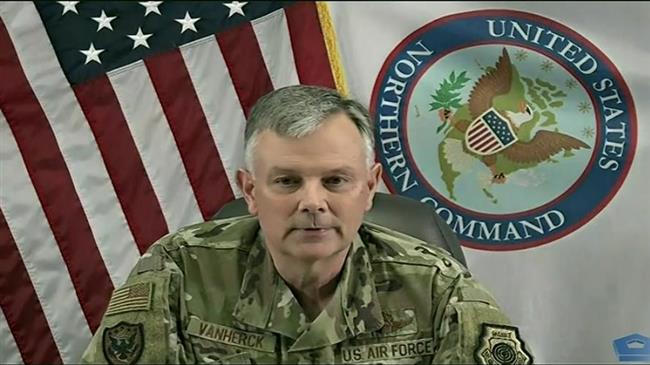
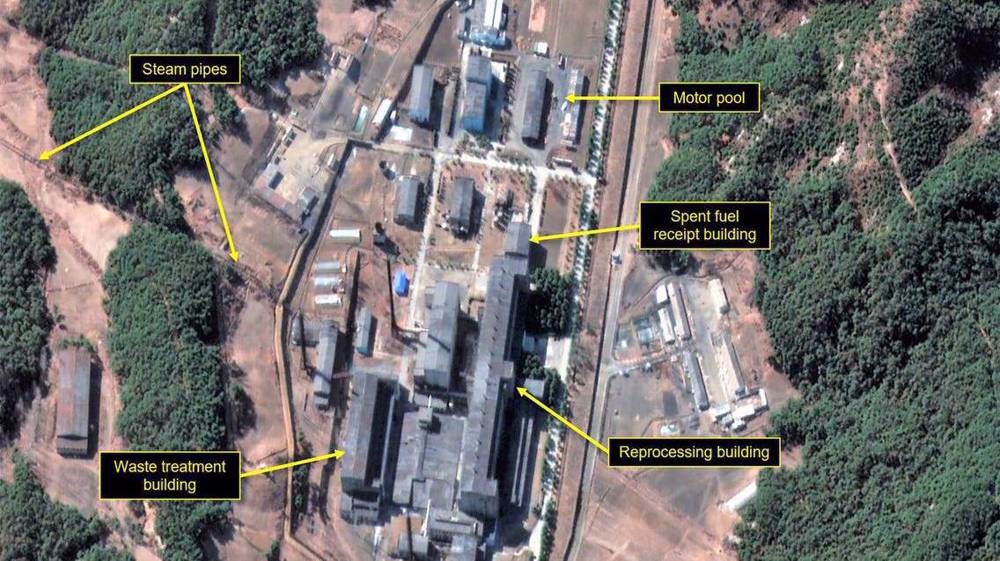
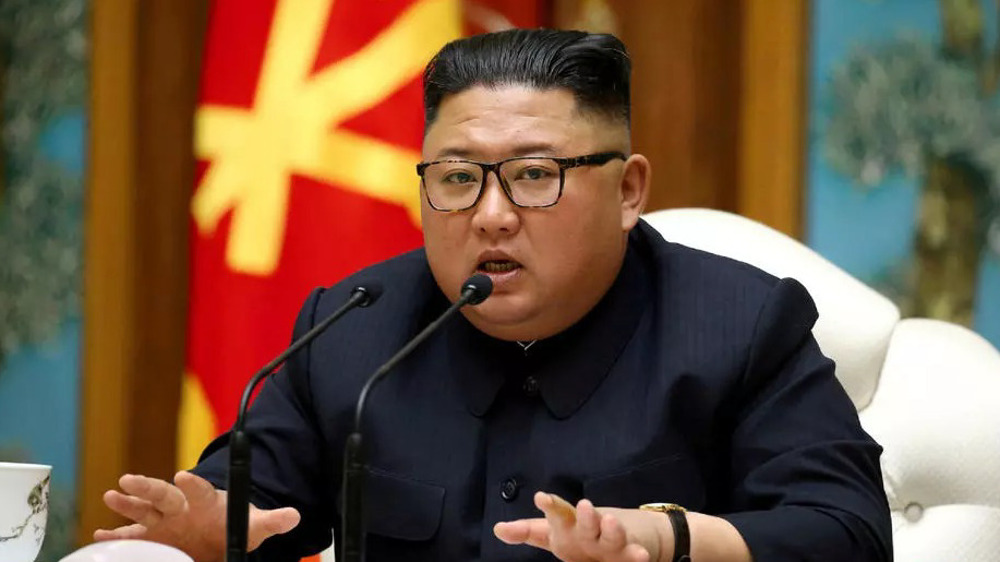
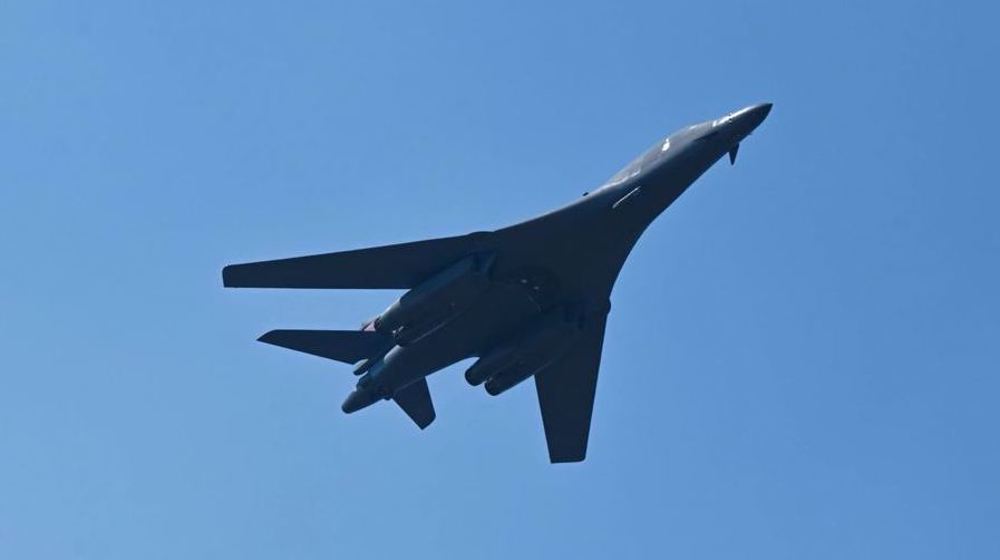
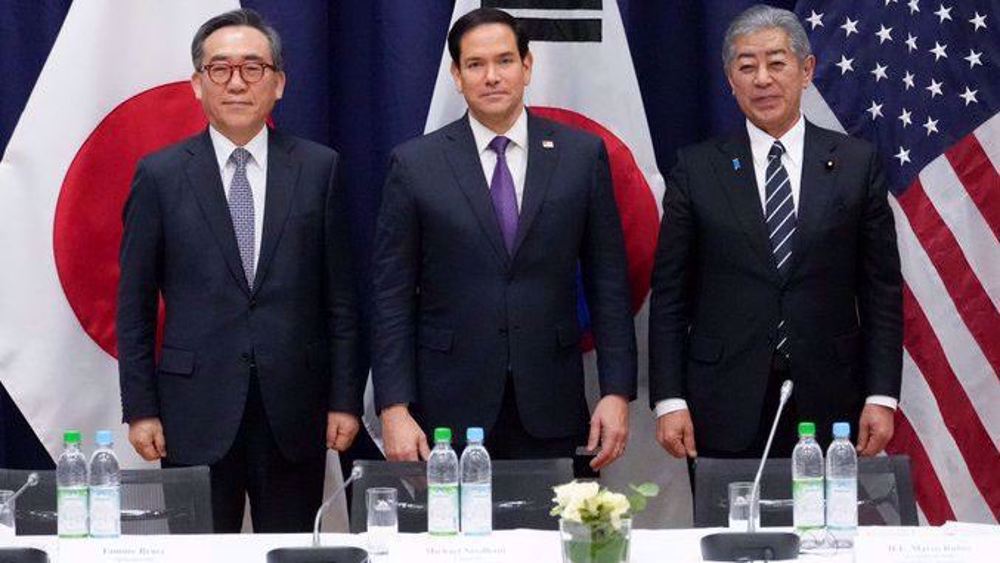
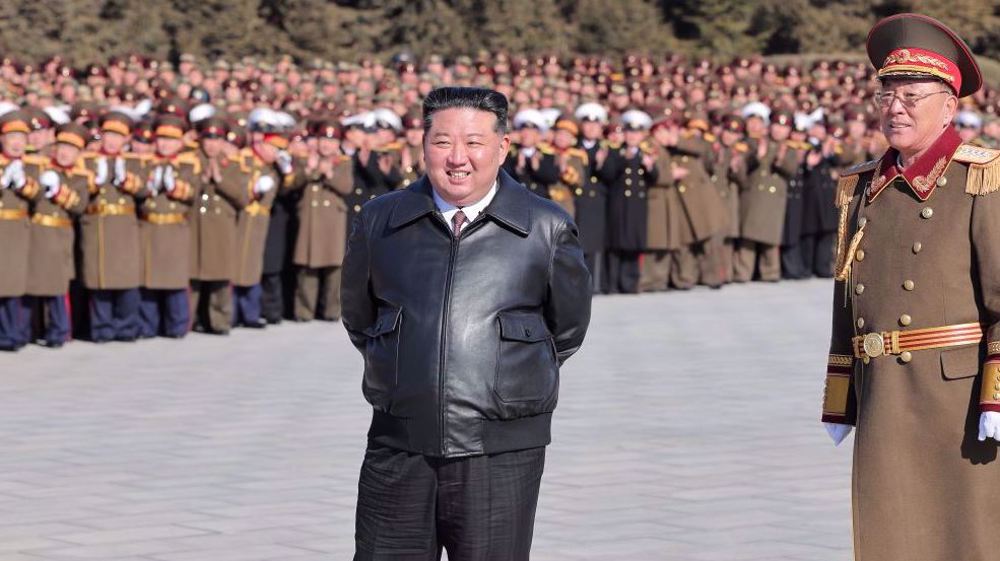




 This makes it easy to access the Press TV website
This makes it easy to access the Press TV website